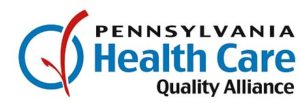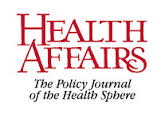Congress Forms New Medicaid Task Force
The U.S. House Energy & Commerce Committee has created a new task force “to strengthen and sustain the critical program for the nation’s most vulnerable citizens.”
According to a committee news release, the task force “…will examine the program to determine how to ensure the program is best serving the needs of those who rely on it.”
 The task force’s work will undoubtedly be of interest to Pennsylvania safety-net hospitals, all of which care for unusually large numbers of Medicaid patients.
The task force’s work will undoubtedly be of interest to Pennsylvania safety-net hospitals, all of which care for unusually large numbers of Medicaid patients.
For further information about the new task force, its members, and its mission, see this House Energy & Commerce Committee news release.








